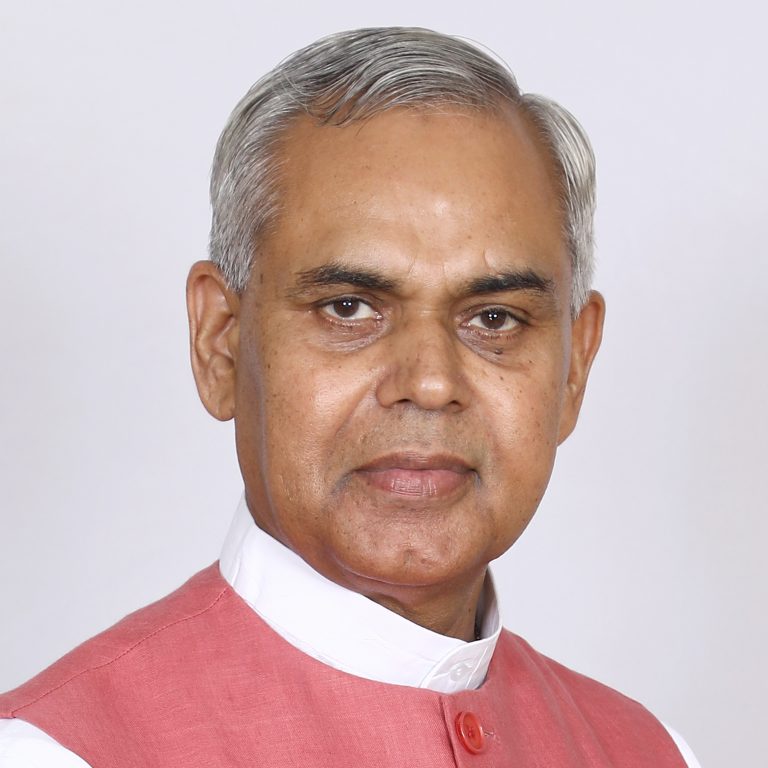About SANKALP
Skill Acquisition and Knowledge Awareness for Livelihood Promotion (“SANKALP”) is a programme of the Ministry of Skill Development with loan assistance from the World Bank. It aims to improve short term skill training qualitatively and quantitatively through strengthening institutions, bring in better market connectivity and inclusion of marginalised sections of the society. SANKALP was launched on 19th January 2018 and has a tenure till March 2025.
The outcomes in the project are measured through the Results Framework, and Disbursement Linked Indicators (DLIs) agreed between MSDE and World Bank.
"SANKALP has three key result areas namely (i) Institutional Strengthening at Central, State and District level; (ii) Quality Assurance of skill development programmes; and (iii) Inclusion of marginalized population in skill development programmes."
Interventions under SANKALP are categorized as follows:

Disbursement Linked Indicators (DLIs)
Each DLI is supplemented with a verification protocol against which achievements.
- DLI 1: Trainees who have successfully completed the NSQF-aligned, short-term Skill Development (SD) programs, and been certified.
- DLI 2: Percentage of graduates who are wage-employed or self-employed within six months of completion of short-term SD programs.
- DLI 3: NSQF-aligned QPs translated into model curriculum, trainers’ guide, and teaching-learning resource packs.
- DLI 4: Number of trainers and assessors trained/retrained.
- DLI 5: Improved performance of states on institutional strengthening, market relevance of SD programs, and access to and completion of training by marginalised populations.
- DLI 6: Increase in the percentage of women participating in SD programs.
- DLI 7: Improved service delivery at the Gram Panchayat (GP) level for linking unemployed youth to local markets.
- DLI 8: Strengthened capacity of District Skill Committee (DSC) to implement short term skill programs.









